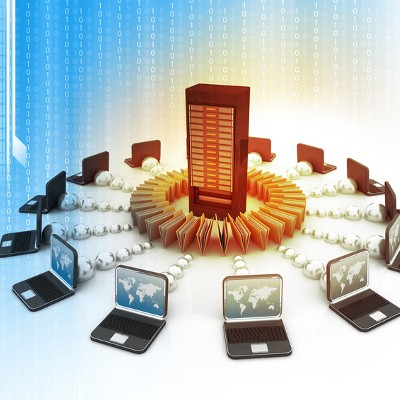BNMC Blog
When we map out a network for a business, a huge factor that goes into the decision-making process is about the data that travels across the network. Your organization’s data, and it’s security and continuity, is extremely important. In fact, we feel it’s one of the most important aspects of your business.
The fear of losing data fuels the data backup market, and with all the new threats that are constantly trying to find you on the Internet, every company has to have a strategy to protect their data. A lot of small businesses struggle to recover if they don’t have proper continuity policies, including data backup, when there is a situation that causes them to lose data.
Data backup and disaster recovery is one of the most important parts of running a business, even if they are only used frequently, if at all, to recover from a disaster. Still, it’s crucial that your organization has it, as without data backup and disaster recovery, you’re putting your organization at risk. If you haven’t thought about data backup, start thinking about it before it’s too late. We’ll help you get started with some best practices.
It’s critical that you protect your business’ important assets, including perhaps the most important of all: its data. One of the best ways to do this is by implementing a solid backup solution. But what’s the best way to approach data backup? After all, every business is going to have different needs. We’re here to tell you all about these different needs, and how your organization can implement a reliable backup solution based on yours.
It’s no industry secret that one of the most important pieces of IT any business should have is a data backup solution. However, this is like saying that every business should have a plant: the type of plant, and (by extension) the type of data backup, matters. You want a data backup that is more like a peace lily or a cactus, hardy and resilient, and less like a basil plant or orchid, high-maintenance and requiring very specific conditions to prosper.
By now, you’ve probably heard about the importance of business continuity and disaster recovery planning for small businesses. According to FEMA, more businesses have business continuity plans than ever before. With so many SMBs looking to secure their future, there are still a few aspects of business continuity planning that today’s business need to comprehend. After all, there is more to it than just data backup. Disaster recovery is something that needs to be planned, practiced and updated.
Nobody ever wants to admit that their business has a problem with security. Unfortunately, as the one responsible for the future of your organization, you have to consider all possible outcomes of any potential data loss incident. Furthermore, many of these incidents are beyond your control. Thankfully, you can soothe the pain of a data loss disaster by thinking ahead and planning for the worst.
Data backup. It’s something that all businesses need, but not all businesses know how to approach the implementation of it. This is largely due to the tendency to underestimate how disastrous data loss scenarios can be for their business. You know how it goes; it’s impossible, until it happens. Thankfully, you can significantly reduce the damage done by data loss incidents with a little bit of preventative, proactive thought and a comprehensive backup system.












